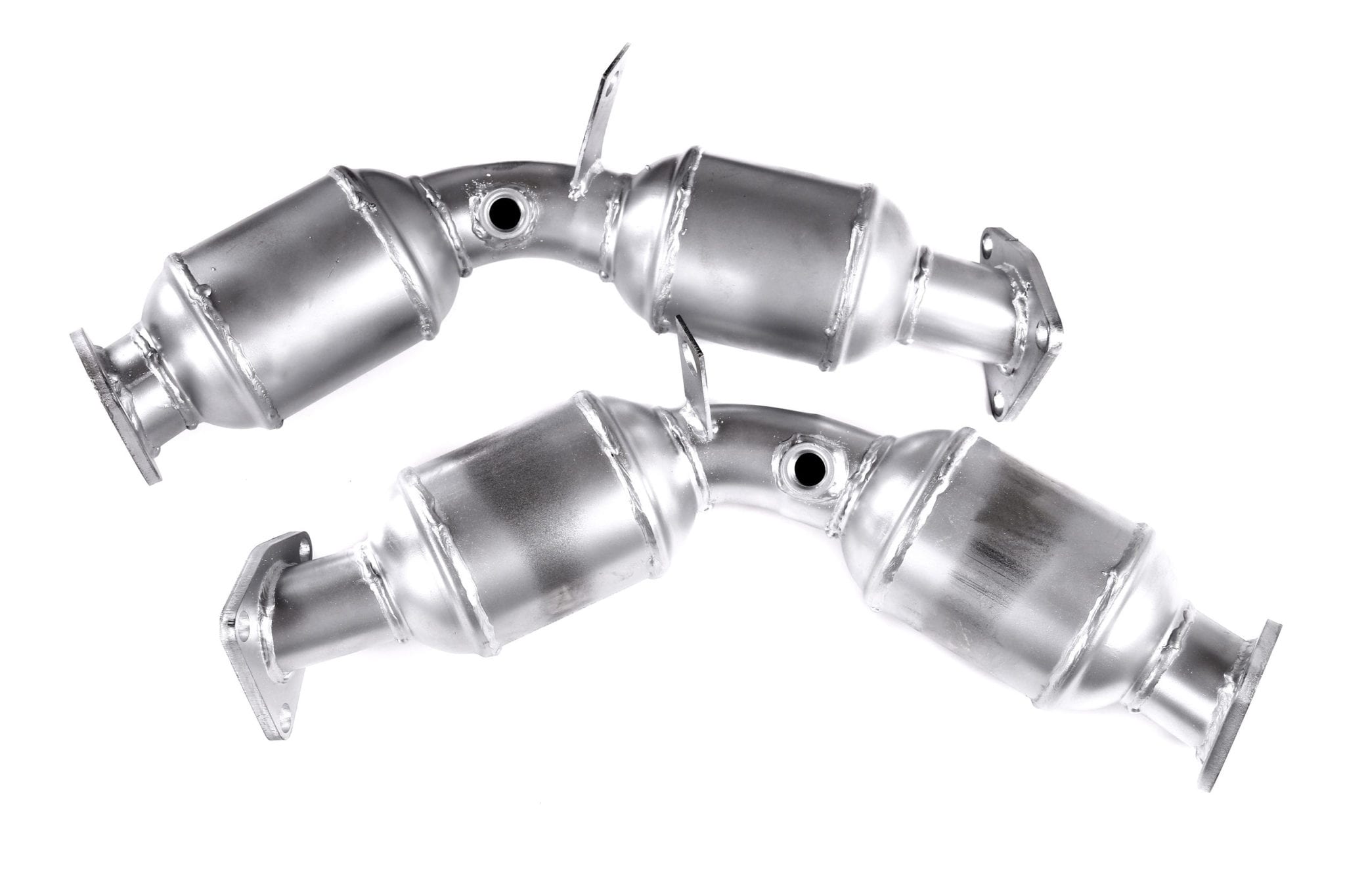The COVID-19 pandemic has changed the landscape of the world in many ways – but some of them are not quite what we expected.
In Minnesota, for example, there’s been an uptick in the theft of catalytic converters. Yes, catalytic converters. The reason? The high prices that thieves can fetch for valuable metals such as palladium, rhodium, and platinum, all of which are worth more on the market this year than ever before.
There is now legislation before the Minnesota legislature that seeks to ban the purchase of catalytic converters from scrap metal dealers. Under this proposed legislation, catalytic converters could only be purchased from auto recycling or repair businesses.
This just goes to show how creative thieves can get in the pursuit of things worth a lot of money to them. Unfortunately, the law has something to say about that. Here’s how Minnesota deals with the crime of theft and the penalties associated with it.
What Is Theft in Minnesota?
There are several actions under Minnesota criminal statutes that are considered theft. In general, a person commits theft when they:
- Knowingly hide, use, keep ownership of, or transfer property that belongs to someone else in an effort to deprive the owner permanently of that property
- Takes or drives a car without the permission of the owner
- Deprives someone deliberately of the rightful charge for telecommunications service
- Submits a medical claim that is fraudulent
- Gains ownership, title, or custody to property or services through false representation
- Finds misplaced or lost property but does not make a reasonable attempt to return it
- Rents or leases property but does not return it or claims it is lost or stolen without attempting to pay an equitable amount for it
The Classification of Theft in Minnesota and Related Penalties
Theft is categorized in Minnesota based on the dollar amount of the services or property stolen, and charges are generally classified as a misdemeanor, gross misdemeanor, and felony theft crimes. Here is how law enforcement settles on a charge:
Misdemeanor Theft: This occurs when goods or services valued at less than $500 are stolen. If found guilty, it is usually punishable by up to three months in jail and fines up to $1,000.
Gross Misdemeanor Theft: This crime occurs when the property or services that were stolen are valued at more than $500 but less than $1,000. It is punishable by up to one-year imprisonment and fines up to $3,000.
Felony Theft: Felony theft in Minnesota is charged when the goods or services are worth more than $1,000, but as the cost goes up, so does the punishment. There is a sub-classification under felony theft, those levels are further broken out below:
- Property valued between $1,000 and $5,000 – This can result in up to five years in prison and fines up to $10,000. It should also be noted that even if the property or services is valued at less than $1,000 but the defendant has a conviction for a similar crime within the last five years, then they can face this level of penalty.
- Property valued Over $5,000 – In this instance, the penalty can be up to 10 years in prison and fines up to $20,000.
- Property valued over $35,000 – This is considered a serious crime and can land you in prison for up to 20 years. You may also be required to pay fines up to $100,000.
It’s also important to recognize that anyone who commits a theft in Minnesota opens themselves up to civil penalties as well as criminal penalties. Civil penalties can include punitive damages to be paid to the victim.
Defenses Against Theft in Minnesota
Hiring an experienced attorney to defend you against theft charges is a good place to start.
The most common ways attorneys defend against theft is to show the court that:
- You actually owned the property you’re accused of stealing
- You had the intention of returning the property to the rightful owner
- You were intoxicated at the time the theft took place, which may mean you didn’t knowingly take property that didn’t belong to you
- You were entrapped by someone else to carry out the theft if someone persuaded you to use the service or take the property simply so you could be arrested for it
Theft is a common crime and people do get creative with the things they steal, but creativity doesn’t always keep you from being caught.
Being convicted of theft will carry consequences for you over the course of your life, so it’s important to understand your rights if you are accused of this crime and understand what exactly you are being charged with.
About the Author:
Christopher Keyser is an AV-Preeminent rated criminal and DWI defense attorney based in Minneapolis who is known for fighting aggressively for his clients and utilizing innovative tactics to get the most positive results. He has been featured in numerous media outlets due to the breadth and depth of his knowledge and named a Certified Specialist in Criminal Law by the Minnesota Bar Association. Mr. Keyser is Lead Counsel rated, and he has received recognition for his criminal law work from Avvo, Expertise, Super Lawyers, The National Trial Lawyers, and more.








